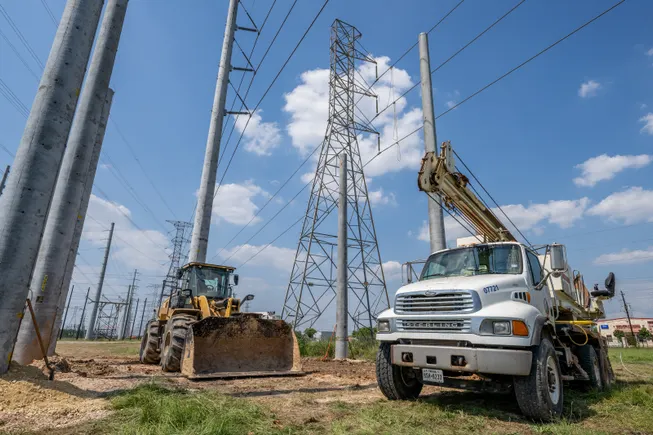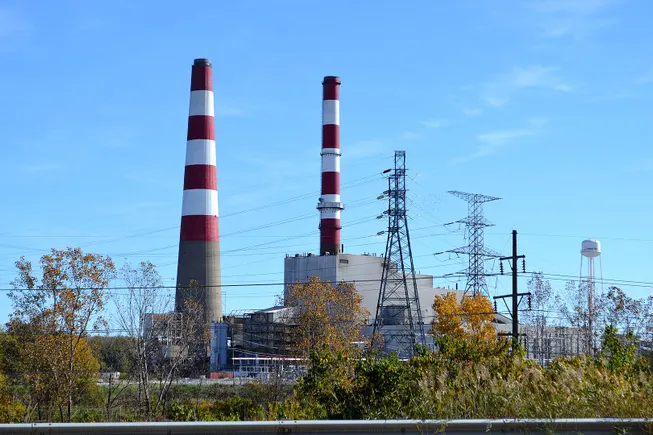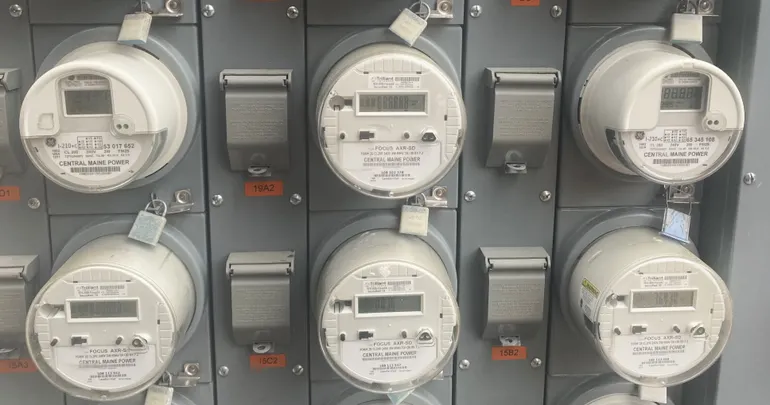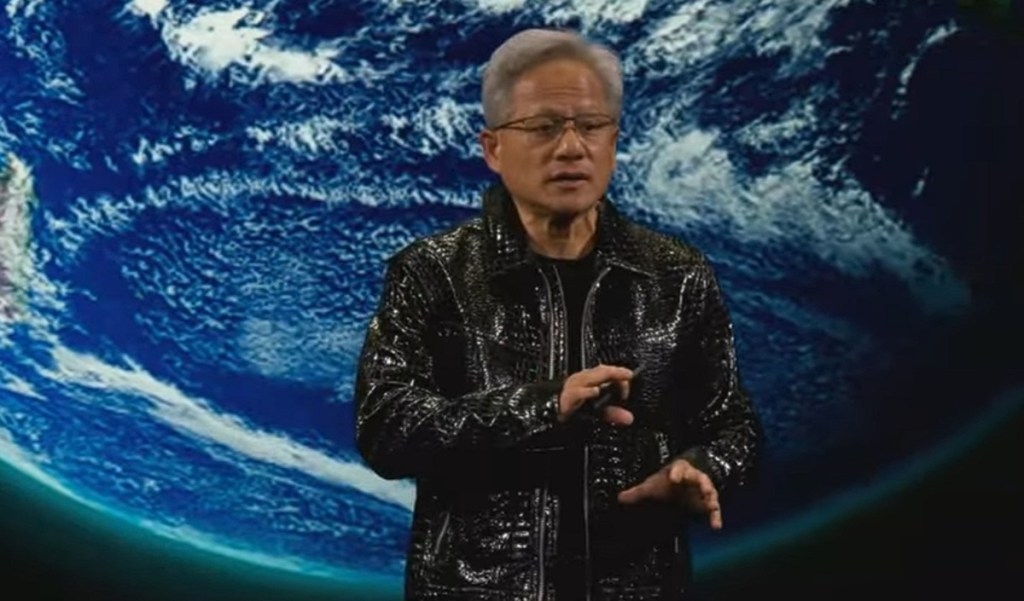
Dive Brief:
- Heading into the 2025 Atlantic hurricane season, CenterPoint Energy said Thursday that it has completed all of the critical portions of its Greater Houston Resiliency Initiative, including installing 26,000 storm-resilient poles, moving 400 miles of power lines underground and adding more than 5,100 automation devices to the electric system.
- CenterPoint launched the resiliency initiative last summer after Hurricane Beryl left almost 2.3 million customers around Houston without power.
- CenterPoint’s use of mobile generation following Beryl also led to an audit of the utility’s management practices. Consulting firm Moss Adams presented its findings to the Public Utility Commission of Texas on May 15, concluding the utility did not complete a formal vendor risk assessment prior to signing an $800 million leasing agreement for the generators.
Dive Insight:
CenterPoint faced additional scrutiny and proposed almost $6 billion in resilience investments following Beryl. The hurricane left about 80% of Houston-area customers without power, and the mobile generators the utility leased were largely unused during recovery.
The Moss Adams audit concluded that CenterPoint’s procurement policy generally aligned with best practices, but it also said the utility should “ensure that vendor risk assessments are completed for all procurements” and should “implement a more detailed framework for identifying, assessing, and managing conflicts of interest.”
In a response to the PUCT, CenterPoint said it agrees with the recommendations around vendor risk assessments and that its procurement process is “still maturing.”
“We note that we did nevertheless consider the risks presented by the potential counterparties in reviewing bids and negotiating terms,” the utility said.
The utility faced criticism last year for its lease of 32-MW and 5-MW generators from Life Cycle Power, and questions were raised about possible conflicts of interest in the procurement. CenterPoint disagreed with audit findings that it did not adequately consider potential conflicts of interest in its procurement of the large mobile generating units. However, it said it would “update our conflict-of-interest procedures and related processes to build in more real-time, transaction-specific checks for potential conflicts and ongoing disclosures outside the annual survey process.”
CenterPoint also faced criticism for a lack of customer communication in the Beryl aftermath, including the failure of its outage tracker. A more robust tracker had already been in development and was rolled out after Beryl, the utility said.
“The new version is substantially improved in several areas. It no longer resides on physical, stand-alone servers which severe weather can impact,” CenterPoint told the commission. “Now, the Outage Tracker resides in the cloud and is fully scalable and expandable to meet increased customer demand.”
Ahead of the 2025 hurricane season, CenterPoint said its IT team “has tested the functionality along with the performance and load on the system multiple times to simulate events 6x times the load of a Beryl type event, which tests included Outage Tracker and supporting systems.”
CenterPoint’s Houston-area resilience investments will “improve reliability for customers and reduce outages by more than 125 million minutes annually,” the utility said.
“Finishing this vital work ahead of the 2025 hurricane season underscores our unwavering commitment to enhancing the resiliency and reliability of our energy infrastructure,” CenterPoint President and CEO Jason Wells said in a statement. “This is just one more step on our journey to build and operate the most resilient coastal grid in the nation.”






















